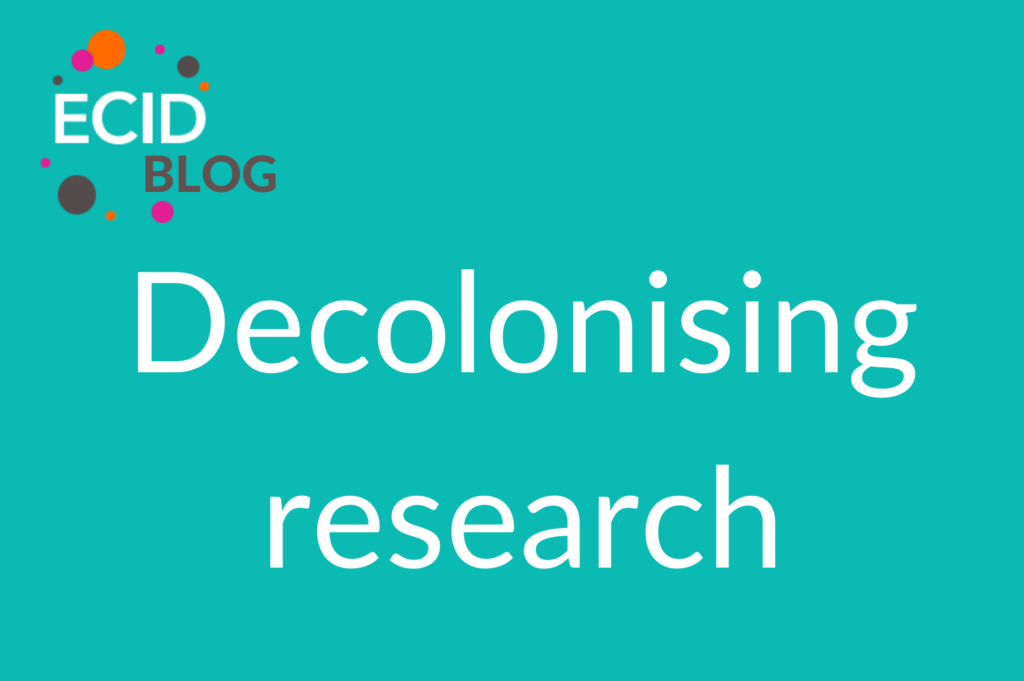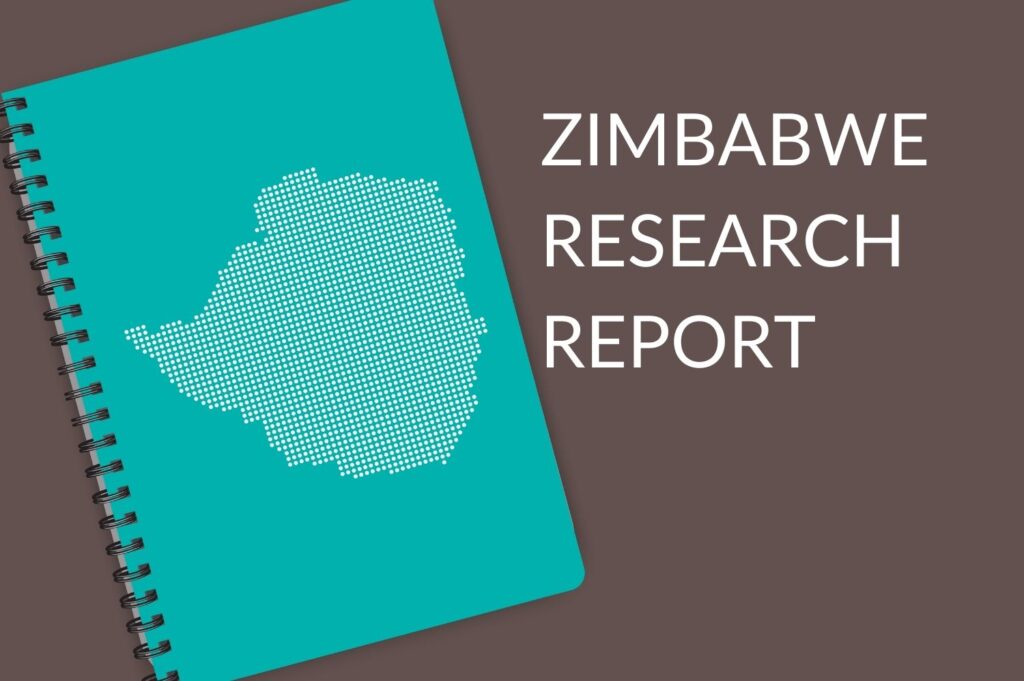Gender equality and disability rights workshop brings community issues to the table
The ECID team and partners in Zimbabwe delivered virtual training on gender equality and disability rights for community leaders, government representatives and local business people from Mutasa rural district.
The importance of women and women with disabilities in leadership positions was discussed, with many decision makers acknowledging that more inclusion would better prioritise issues affecting these groups.
“Capacitating women to take up leadership positions in our community is important because women fear taking such positions, making it difficult for female leaders to challenge men when they are making decisions that are not inclusive”
Councillor Vienna Nyangani from Ward 31
The Women Empowered for Participation in Development (WEPD) Project, ran as part of ECID, was also celebrated. Women were given a boost in confidence to participate in community discussions and take leadership positions where they can demand gender equality. Some people with disabilities were thankful that the project was training people about the importance of inclusion as often people with disabilities were side-lined on issues that are of paramount importance.
The workshop also allowed communities to share some of the problems that they are facing with duty bearers. Some of the challenges highlighted include lack of reproductive health options, improper handling of gender-based violence cases and unequal distribution of food aid.
There were commitments from the duty bearers to raise these issues and propose solutions. These commitments are important as it enables the community members to make follow ups demanding accountability and hold them to account.



